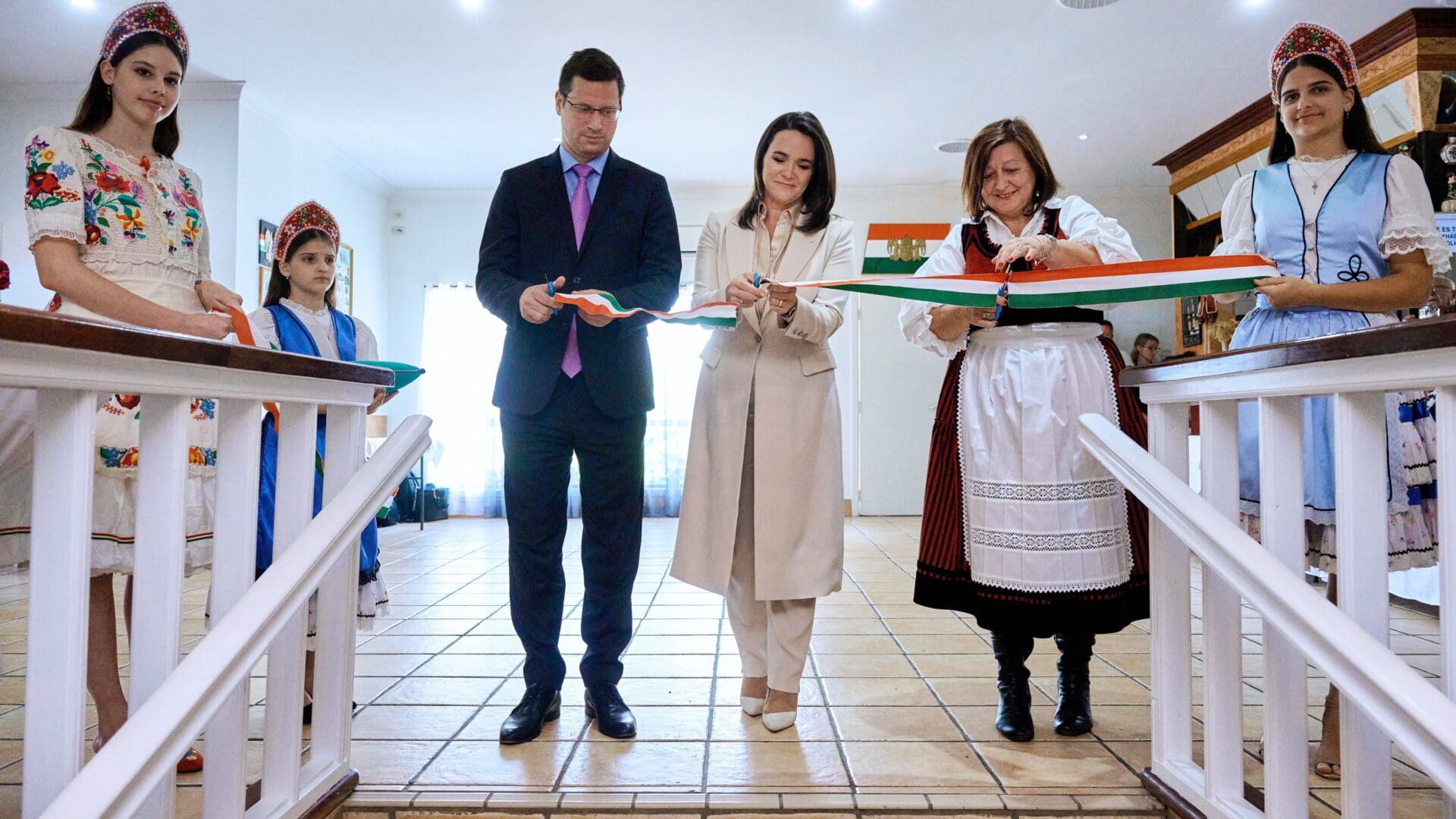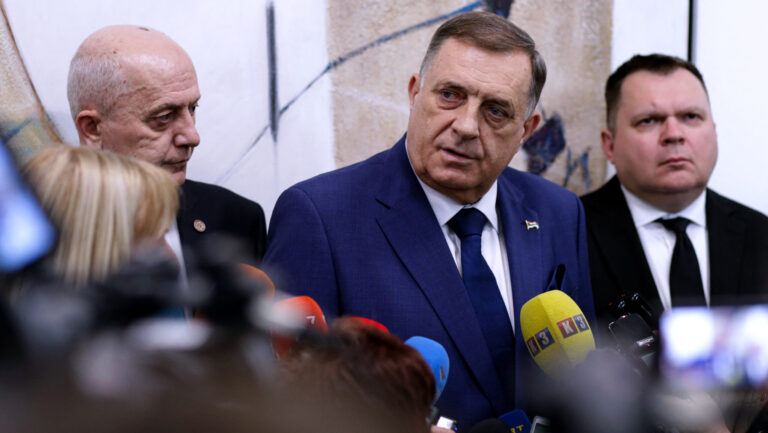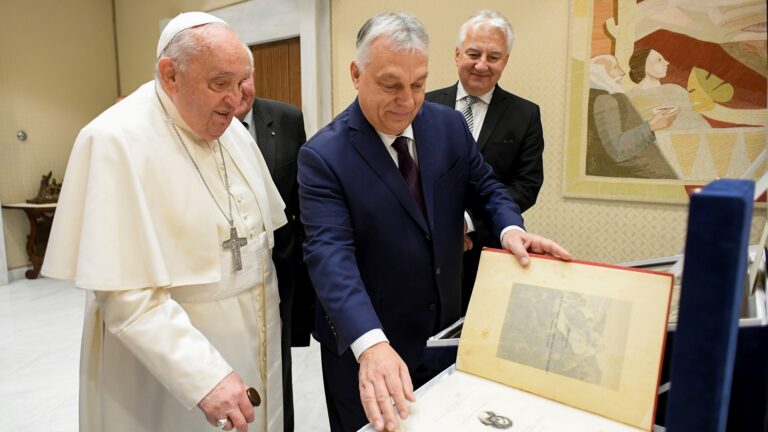‘We must make the 21st century the century of Hungarian prosperity and national cohesion,’ Chief of the Prime Minister’s Office Gergely Gulyás declared during the inauguration of the renovated section of the Marsden Hungarian Cultural and Welfare Association’s building in Australia on Sunday.
The minister reminded that it has been just over three and a half decades since people could live freely in the Motherland, where the Hungarian state can once again work out its policies with the whole Hungarian nation in mind. After the consequences of an extremely difficult century and the emergence of the Hungarian communities beyond the borders and in the diaspora, Hungary should no longer view the dispersion of the Hungarian people around the world solely as a consequence of historical tragedies:
it should also be viewed as a resource.
The Minister added hat many of those who emigrated have preserved their Hungarian identity, and still think of themselves as Hungarians.
Gulyás explained that if it is true that those who are furthest from their homeland find it the most difficult to preserve and pass on their mother tongue, to nurture their Hungarian identity, then no one can take the gold medal away from the Hungarian community in Australia. He emphasized that for Hungarians who arrived in the past century, a new life began: Australia became a refuge, a new home where everyone could thrive according to their talents. It was a home where not only families could cling to their mother, and communities could their self-identity.
The minister recalled that after the regime change, free Hungary was able to establish connections with well-functioning, self-organizing communities that were committed to each other, to strengthen the bonds that history had severed and tested.
He referred to Hungary’s first democratically elected prime minister after the system change, József Antall, who passed away 30 years ago, as having formulated in a single sentence the guiding principle of Hungarian national policy after the regime change. After his party, MDF won the elections in 1990, and he was to assume to post of prime minister, Antall declared that, in spirit and feelings, he considers himself the prime minister of 15 million Hungarians. When he said this, he encountered plenty of criticism, and his words were misinterpreted by many in Hungary, as well as in neighbouring countries and the world.
Gulyás expressed his gratitude to the leaders of Hungarian communities in the diaspora and beyond the borders, as well as to families, for passing on the knowledge of the Hungarian mother tongue. He highlighted that the fact that Hungary is a global nation is also proven by the fact that in Australia, a continent 85 times larger than Hungary, with a population two and a half times bigger,
70,000 citizens identified as Hungarians in the last census. This also shows that the Hungarian community in Australia is a substantial entity.
He stated that every Hungarian government must consider two important aspects, from which significant obligations arise. One is that Hungary is the homeland for every Hungarian, a place that they can always count on. If they are in trouble in the world as Hungarians or due to their Hungarian heritage, they can always return home. He mentioned that as a significant result of the national policy of the past decade and a half, anyone with Hungarian ancestors can obtain citizenship.
The other obligation of the Hungarian state is to contribute to the preservation of the nation, as themost important community unit that unites all other communities, Gulyás said. He pointed out that this is why the Hungarian government supports the construction of churches, cultural centres, and other institutions of diaspora Hungarians.
‘All of this is a promise for the Hungarian future. That’s why it’s important for the services of churches that preach in Hungarian to continue, that’s why the Kőrösi Csoma Sándor Programme is important, that’s why the activities of the Rákóczi Association are crucial, and that’s why scouting is of paramount importance. The 20th century was a time of loss and dispersion for Hungarians. We must make the 21st century the century of Hungarian prosperity and national cohesion,’ Gulyás concluded.
At the event, President Katalin Novák presented the Hungarian Silver Cross of Merit to Hungarian Australian cinematographer Zoltán Vladucz, who has been documenting the life of Hungarians in living in Australia for over a decade.
Related articles:








